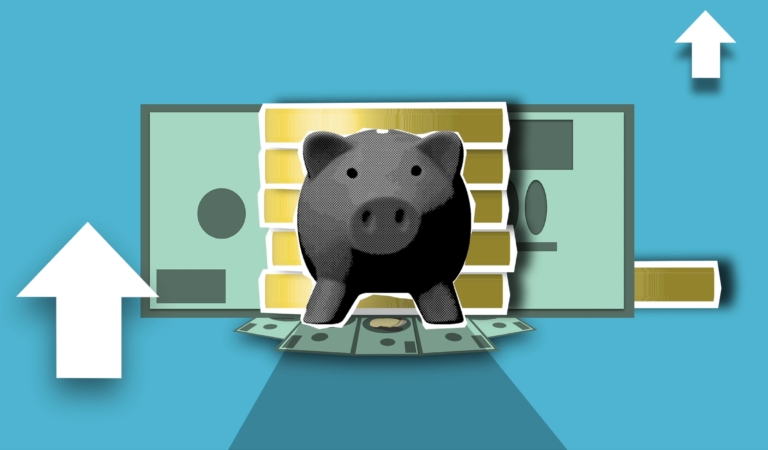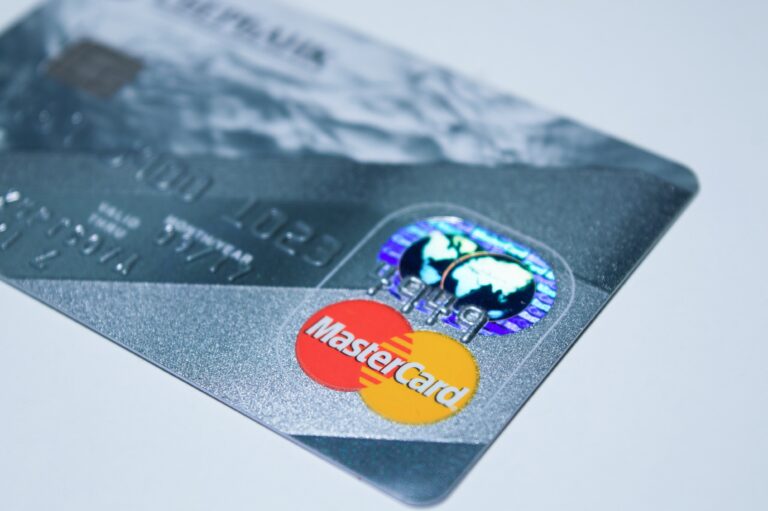Building credit from scratch is an essential aspect of financial success. It can be a complex process, especially for those new to the world of credit. This comprehensive guide outlines the importance of building credit, and understanding credit scores, and provides step-by-step instructions to help you establish a solid credit foundation.
Why is Building Credit Important?
A strong credit history is vital for various aspects of your financial life. Good credit can help you:
- Secure lower interest rates on loans and credit cards
- Obtain more favorable loan terms
- Access better insurance rates
- Enhance your chances of rental approval\
- Increase your chances of securing employment opportunities
Understanding Credit Scores
Credit scores are numerical representations of your creditworthiness, ranging from 300 to 850. Lenders use these scores to determine your risk level as a borrower. The most commonly used credit score model is the FICO score, which considers five factors:
- Payment history (35%)
- Amounts owed (30%)
- Length of credit history (15%)
- Credit mix (10%)
- New credit (10%)
A higher credit score indicates lower risk, improving your chances of obtaining credit and receiving favorable loan terms.
Steps to Build Credit from Scratch
1. Apply for a Secured Credit Card
A secured credit card is an excellent tool for building credit from scratch. To obtain one, you’ll need to provide a security deposit, typically equal to your desired credit limit. This deposit acts as collateral and minimizes the risk for the issuer. Use the secured card responsibly by making timely payments and keeping your credit utilization low. The issuing bank will eventually upgrade the secured credit card to unsecured credit card and provide make the initial deposit available to you.
2. Consider a Credit-Builder Loan
A credit-builder loan is designed to help individuals establish or improve their credit. The loan amount is deposited into a savings account, and you make monthly payments until the loan is paid off. These payments are reported to credit bureaus, helping you establish a positive payment history.
3. Leverage Rent Payments
Some rent-reporting services can report your rent payments to credit bureaus, helping you build credit. Ask your landlord if they participate in any rent-reporting programs or consider using a third-party service to report your rent payments.
4. Become an Authorized User
Becoming an authorized user on someone else’s credit card account can help you build credit. The primary account holder’s credit history, including on-time payments and credit utilization, will reflect on your credit report. Ensure that the primary cardholder has a positive credit history and maintains responsible credit habits.
5. Monitor Your Credit Reports
Regularly reviewing your credit reports helps you stay informed about your credit progress and identify any errors or inaccuracies. You’re entitled to one free credit report from each of the three major credit bureaus—Equifax, Experian, and TransUnion—annually. Visit AnnualCreditReport.com to access your free reports.
Tips for Maintaining Good Credit
Once you’ve started building credit, it’s essential to maintain good habits to keep your credit score high:
- Pay bills on time: Late payments can negatively impact your credit score. Set up payment reminders or automatic payments to ensure timely payments.
- Keep credit utilization low: Aim to use no more than 30% of your available credit at any given time. High credit utilization can lower your credit score.
- Avoid excessive hard inquiries: Applying for multiple lines of credit in a short period can result in hard inquiries, which may hurt your credit score.
- Diversify your credit mix: A mix of different credit types, such as credit cards, installment loans, and mortgages, can demonstrate responsible credit management and improve your credit score.
- Monitor your credit: Regularly check your credit reports for accuracy and dispute any errors to protect your credit score
The Bottom Line
Building credit from scratch is a crucial aspect of achieving financial success. By following the steps outlined in this guide and maintaining responsible credit habits, you can establish a strong credit foundation that will positively impact various areas of your financial life. Start by applying for a secured credit card, considering a credit-builder loan, leveraging rent payments, becoming an authorized user, and regularly monitoring your credit reports. With patience and diligence, you’ll be well on your way to building a solid credit history.









